This is the sharing of Master Le Thi Phuong Lan, Head of Science and Education Department - Propaganda Department, Mass Mobilization Committee of the City Party Committee, at the Workshop "Strengthening propaganda of intellectual property (IP) in the vocational education system (VET) in Ho Chi Minh City: Practical solutions associated with digital transformation" held on September 26.
Only 4% of students understand and know how to apply intellectual property.
Speaking at the workshop, Master Le Thi Phuong Lan said that for vocational education, equipping students with knowledge and skills on intellectual property is the key to forming human resources that are both skilled in their profession and knowledgeable about the law, capable of starting a business and integrating internationally.
“The propaganda and education of intellectual property in colleges and universities is still not uniform, there is no unified curriculum framework, standard learning materials and specialized staff. That requires more fundamental, comprehensive and feasible solutions,” said Ms. Lan.
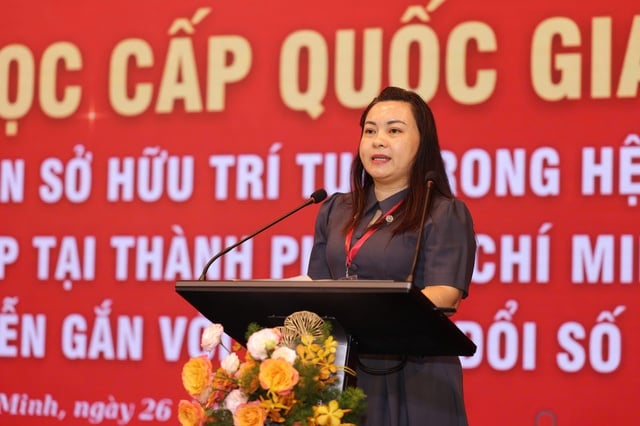
Master Le Thi Phuong Lan said that the propaganda and education work on intellectual property in colleges and universities is still lacking in consistency.
PHOTO: Organizing Committee
Presenting a paper at the workshop, Associate Professor Dr. Le Chi Lan, Saigon University, pointed out the current situation: Awareness of intellectual property in education is still limited, leading to copyright infringement and lack of protection of creators' rights, thereby causing economic losses to creators and reducing research motivation.
At the workshop, Master Dang Thi Hien, Ho Chi Minh City College of Culture and Arts, said that through the results of a survey conducted at universities and colleges, only 4% of students clearly understand and know how to apply intellectual property; 37.3% of students have heard but do not clearly understand intellectual property.
In addition, more than 82% of students have never participated in intellectual property activities such as lectures, seminars, talks or intellectual property competitions. The forms of learning about intellectual property pointed out by Master Hien include: short videos , online learning, formal classes, movies, game shows, etc.
Through survey and analysis results, Master Dang Thi Hien believes that awareness and behavior about IP in the vocational education system in Ho Chi Minh City still lacks foundation and has not been properly educated.
Meanwhile, the paper “The current situation of IP education for students of educational institutions in Hanoi in the context of digital transformation” by Dr. Pham Hoang Tu Linh and Master Nguyen Huy Hoang (Academy of Educational Management) pointed out that 29.2% of lecturers and 36% of students have incomplete understanding of IP.
Staff, lecturers and students all rated the role of IP in facilitating the country's industrial and cultural development as the highest (4.48 points and 4.24 points, respectively).
Most lecturers and students learn about IP through the internet. Meanwhile, sources of information from training courses, newspapers, books, documents, etc. are rarely chosen by lecturers and students.
This paper assesses that students at educational institutions in Hanoi have uneven awareness and interest in IP, limited training programs and content, lack of specialized lecturers in IP, weak application of digital technology in IP, and lack of connection between schools and businesses in IP.
Comparing international experiences
The presentation of Associate Professor, Dr. Pham Van Thuan (Academy of Educational Management) and Dr. Nguyen Dang An Long (Ho Chi Minh City College of Economics) stated that in Vietnam, the propaganda and education activities on intellectual property in colleges and vocational schools are still scattered, unsystematic and not fully institutionalized in the vocational education policy framework.
The paper proposes solutions to build models:
- Integrating IP into the training program (Integrating content on copyright, patents and trademarks into specialized subjects such as IT, applied arts and mechanics);
- Establishment of IP Hub (center for consulting, searching and guiding on registration of intellectual property rights);
- Vocational creativity contest with IP elements (Schools organize competitions, exhibitions of creative products, integrating instructions for registration of designs and trademarks);
- Integration in vocational start-up (IP is taught as part of vocational start-up training, through mini projects, mentoring, workshops);
- Training, fostering, coaching lecturers and specialized staff
The discussion also made specific comparisons of models in Vietnam and some other countries.
In terms of integrating training programs, Vietnam flexibly integrates 1-skill modules or extracurricular activities; meanwhile, Korea considers IP as a compulsory subject applied nationwide; Japan integrates IP into the STEM program.
The discussion also pointed out that in Vietnam, some schools have IP consulting centers, but there is no formal IP curriculum, there is a lack of specialized lecturers, and there is a lack of IP reward and scholarship mechanisms; they mainly stop at ideas, with little commercialization.
Meanwhile, Korea has a nationwide IP Campus with legal support, a national IP textbook set; IP specialists at each college and vocational school; scholarships, awards for protected inventions, and business connections to commercialize products.
The presentation also proposed IP propaganda models such as: Building a program framework and IP propaganda methods and a set of propaganda documents for lecturers and students; Vivid visual tools such as video clips, songs, software... bringing IP closer to students, thereby forming an IP culture in the community; Establishing an IP Hub network in each unit; Integrating IP into quality assessment of vocational education institutions; Scholarships and rewards to encourage IP registration.
Source: https://thanhnien.vn/sinh-vien-thieu-nhieu-nen-tang-ve-so-huu-tri-tue-18525092621112928.htm


![[Photo] General Secretary To Lam chairs the meeting of the Central Steering Committee on preventing and combating corruption, waste and negativity](https://vphoto.vietnam.vn/thumb/1200x675/vietnam/resource/IMAGE/2025/9/29/fb2a8712315d4213a16322588c57b975)





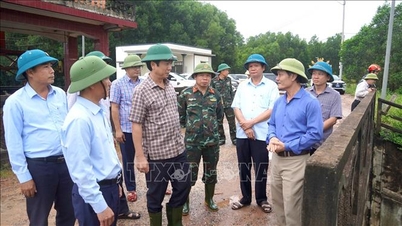

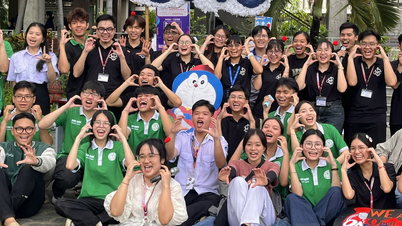

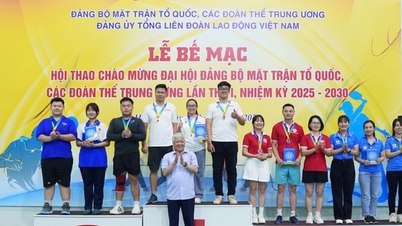

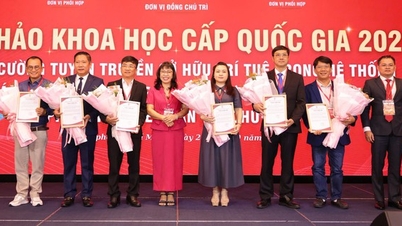



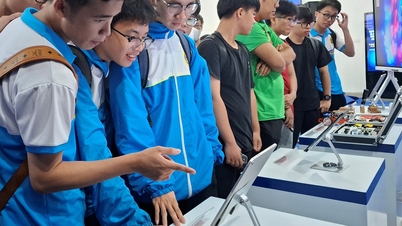
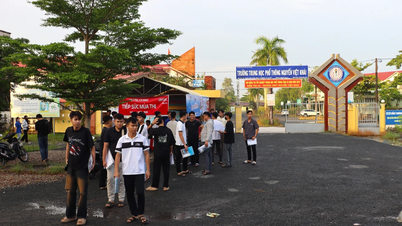


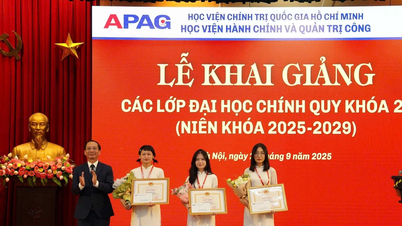
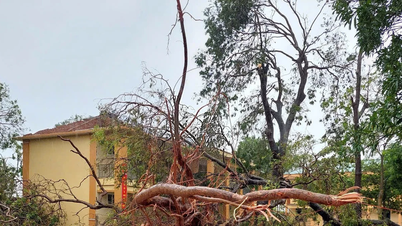
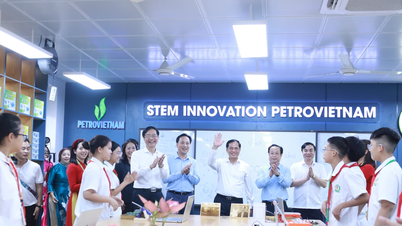
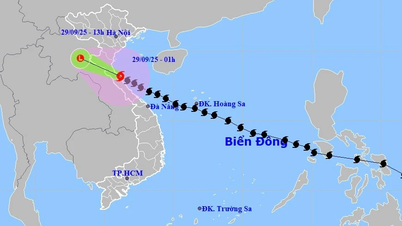









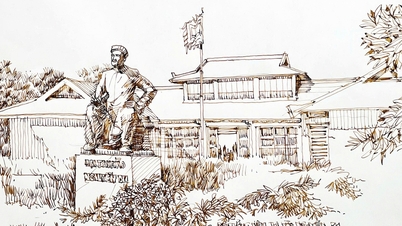






































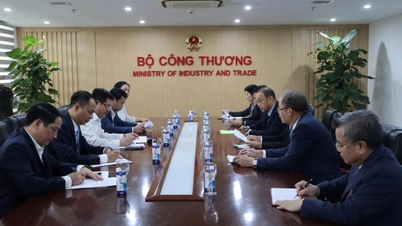










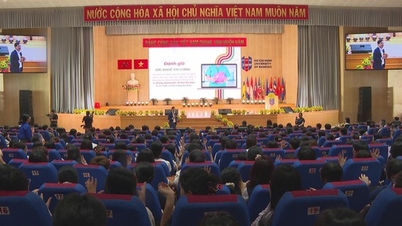











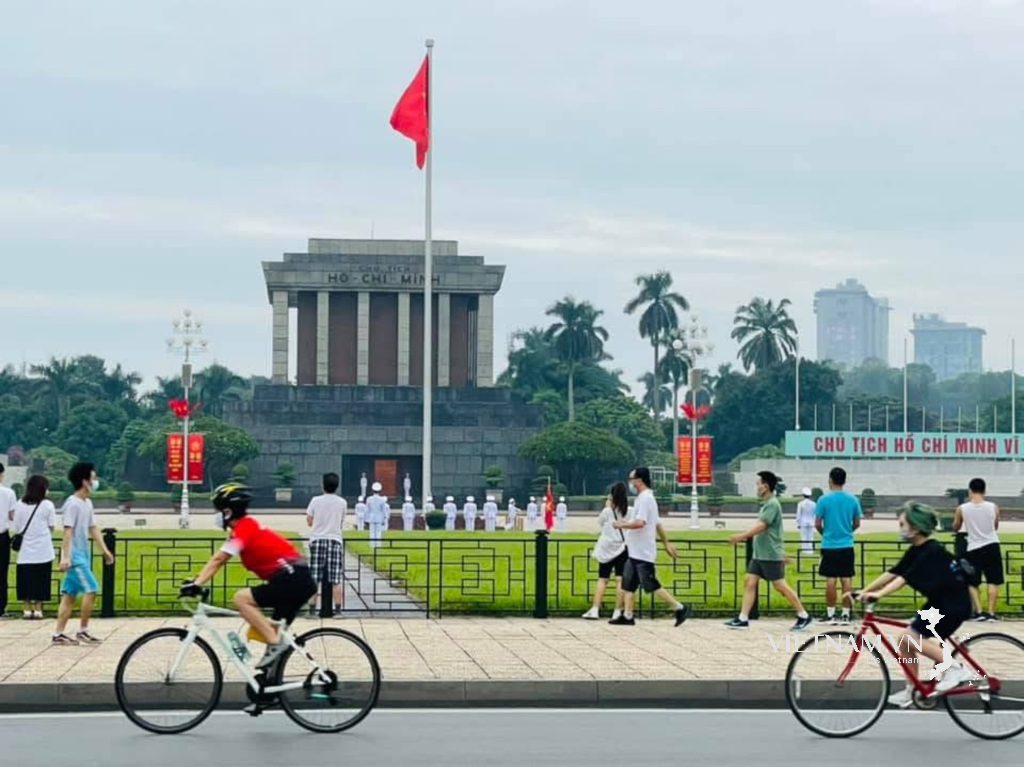
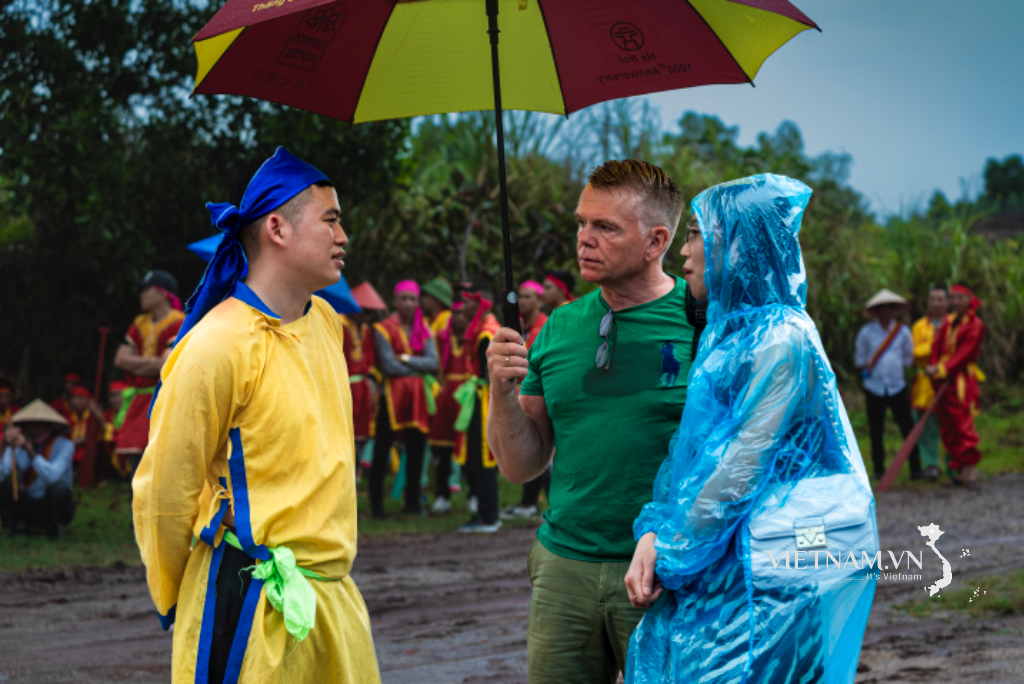
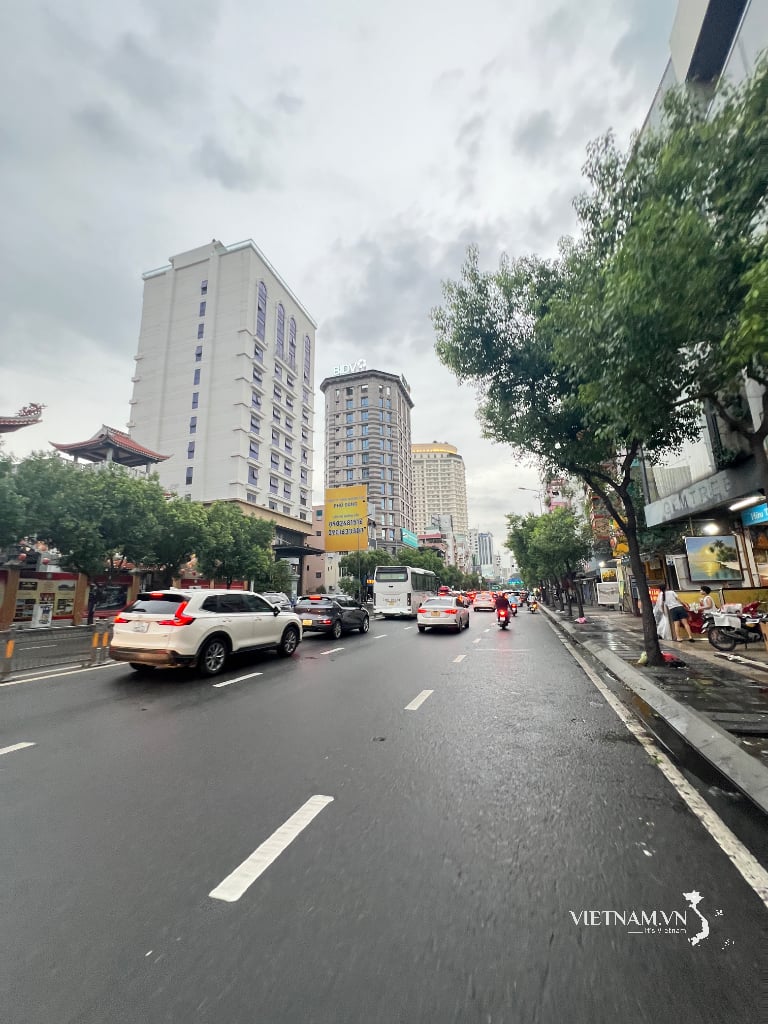

Comment (0)